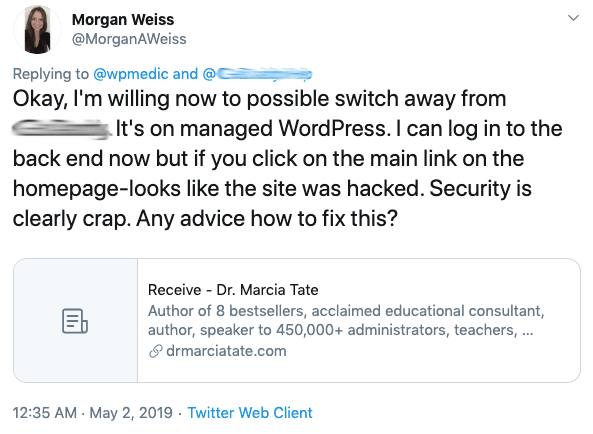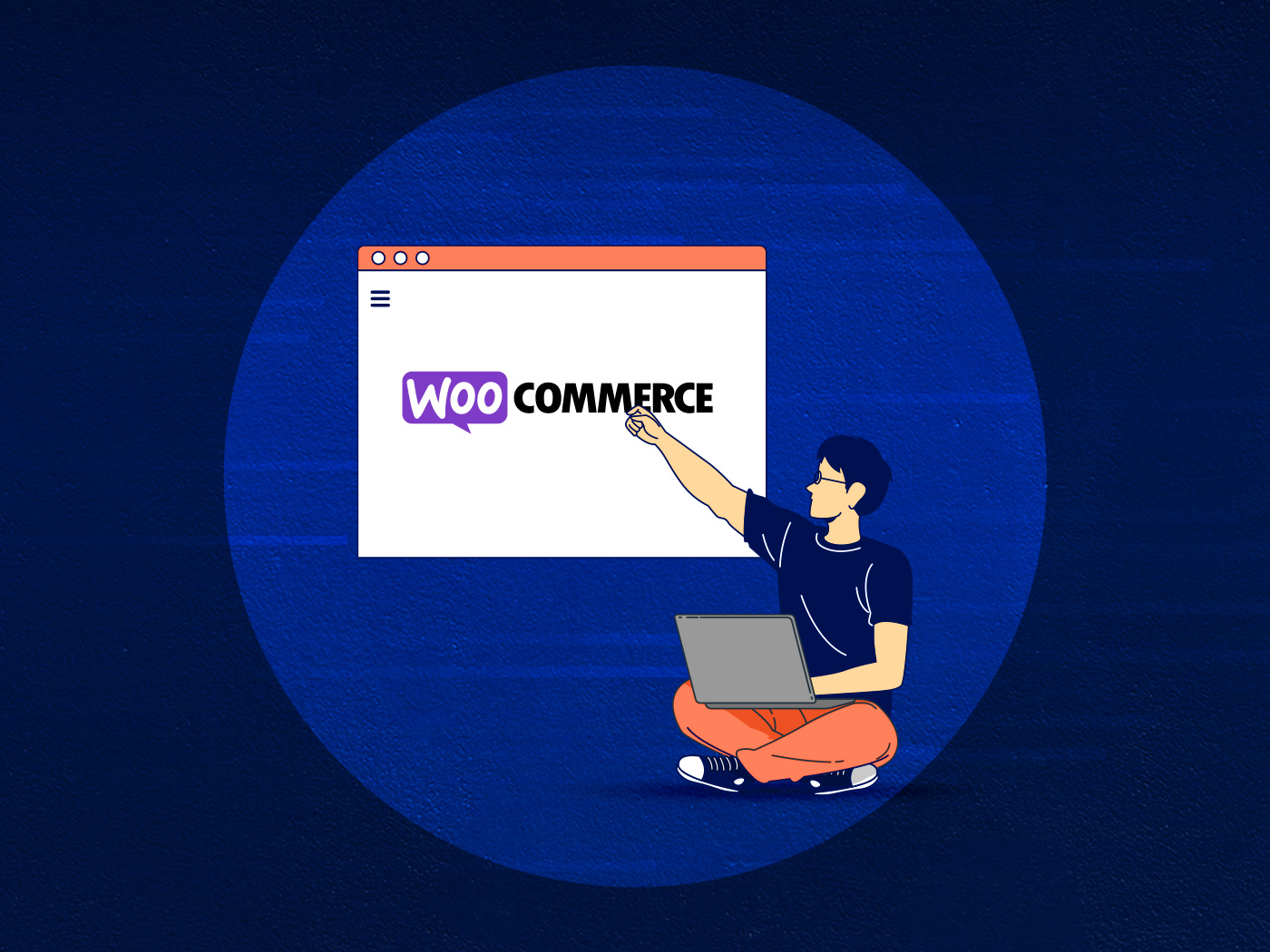For most agencies, providing hosting is a necessary evil. Clients expect it, and it doesn’t feel right not to offer it. At best, it’s a substantial recurring revenue stream that can support your agency through tough economies and at times when you lose clients. Offering hosting is actually really valuable, giving you stability in a project-based business.
At worst, it can be an easy way to lose time and money.
Over the years, we switched hosts dozens of times. In the early days of the business, we started out with cheap, shared hosting — as you do — and it caused no end of problems. We were plagued with downtime, sites weren’t just slow they were comatose, and trying to migrate from one server to another was like pulling teeth.
If a site was slow on the front-end, it was bad, but it was usually slower on the admin side of things, so backups, editing, installing plugins — all the stuff agencies do — became maddening.
VPS hosting seemed like the answer. But while it’s “managed” in theory, we found ourselves managing servers ourselves — optimizing performance and security, requesting software updates, running backups, etc. All of a sudden, you’re an IT firm versus a design agency. No one has started a marketing agency because they wanted to run servers!
This took time away from our core business and we hated it. We wanted to build sites, not manage servers. It wasn’t sustainable.
So we tried managed WordPress hosting. “Of course you should get managed WordPress hosting” is considered something of a truism amongst WordPress developers. But again, it wasn’t really “managed.” It wasn’t uncommon for our server to crash due to traffic spikes or excess database usage. Most hosts didn’t notice or seem to care when our sites were down until we told them.
It’s 2019 but hosting is stuck in 2009
The first managed WordPress service was launched in 2009, the same year that GoDaddy was the most popular web host (it still is), WordPress was the most popular CMS (it still is), and Bluehost topped WordPress.org’s list of recommended hosts (it’s still there).
In 2019, the rest of the market has evolved. People are smarter and more dependent on their websites than ever. The reality is, these legacy hosting providers simply don’t cut it anymore.
There are more web hosting providers than ever — 338,561 as of May 2019. Yet, agency owners like myself are still searching for that elusive, unicorn web host that can check those three boxes we also want: performance, security, and uptime.
In the past 10 years, no real innovation has occurred. The technologies have become much more advanced but WordPress hosting is lagging behind. The market is ready for change.
Traditional hosting simply doesn’t cut it. For one thing, it’s slow. Hosts put the onus back on users to improve their site speed when a large chunk of performance optimizations can be implemented server-side. Caching plugins are a complete waste of time — hosts should build caching into their server architecture and stop wasting users’ — and site visitors’ — time.
Uptime is unreliable. The average website is down 3 hours a month due to the downtime of web hosting providers. The average web host has 760 outages and uptime of 99.59% throughout the year. That might seem like a solid amount of uptime, but when you break it down, that’s 1.5 days a year that your site is offline. Not good enough.
Think your site is secure with managed WordPress hosting? Not a chance:



Speaking of support, filing a ticket is so 15 years ago. Yet, it’s how web hosts still want you to get in touch when something goes wrong. Sure, there’s live chat, but it’s just a way for hosts to corral helpless customers, forcing you to wait around while an overworked support member tries to help everyone at the same time, while not really helping anyone at all.
Then there’s the cost of traditional hosting, which is long overdue for a shakeup when it comes to two things: capacity and pricing.
Monthly hosting packages offer set resources for a monthly fee you’re expected to pay, even if you use only a fraction of what you’re paying for.
Say, for example, you signed up for an account with Flywheel. Their Agency plan is $266 per month for up to 30 sites. The problem is, if you only have 15 sites with 100,000 monthly visitors, you’re leaving all that unused capacity on the table — and wasting money in the meantime. No matter how much capacity you use, you still have to pay the same monthly fee.
For agencies that need hosting for client sites, issues around capacity and pricing are compounded. If you have one client who gets 50,000 visitors a month but 15 other client sites that only get 5,000 visits each, you’ll undoubtedly end up overcharging your smaller clients.
Is it fair that clients should have to pay the same price for hosting, no matter how much capacity they use? Absolutely not.
Are you an agency looking for a reliable WordPress host? Check out Convesio, WordPress agency hosting for high-traffic websites.


